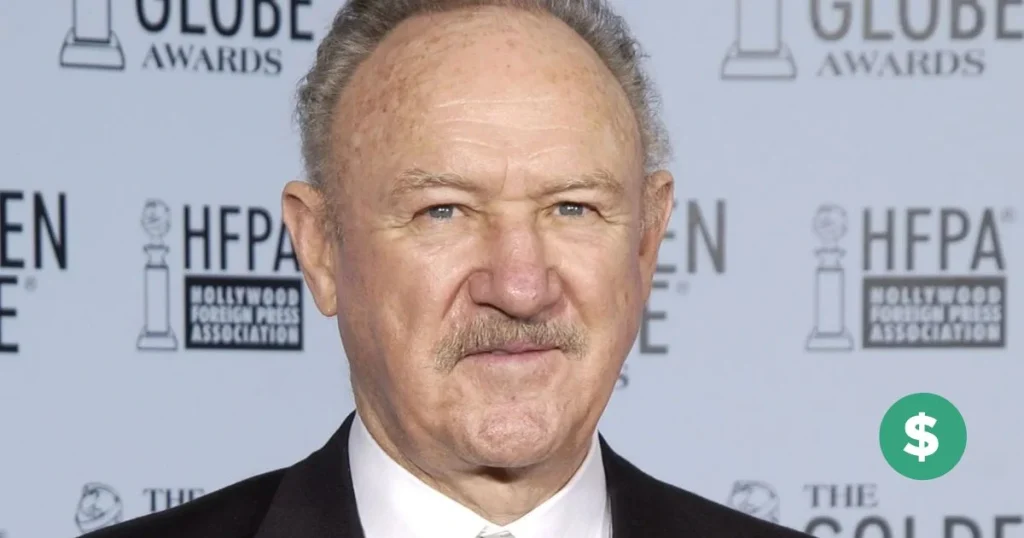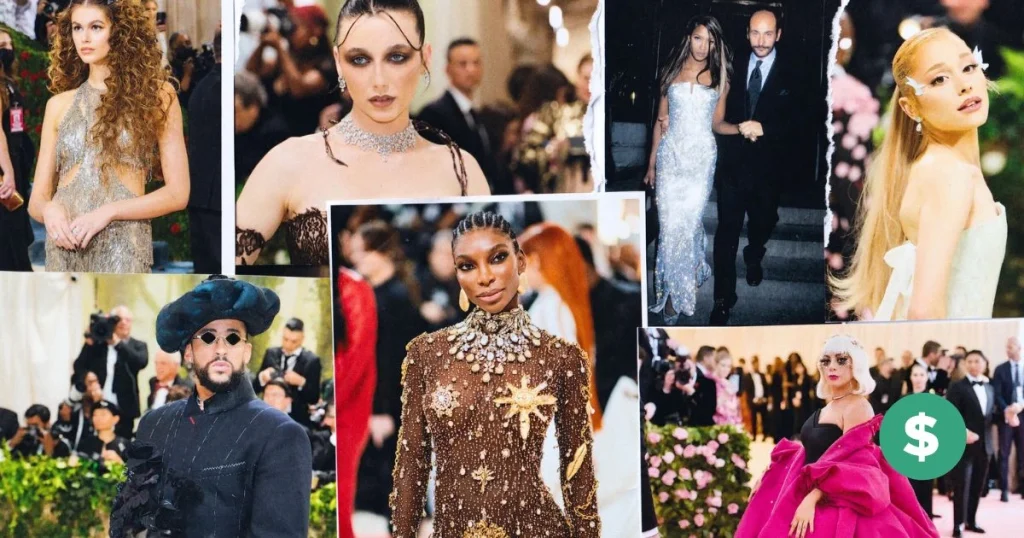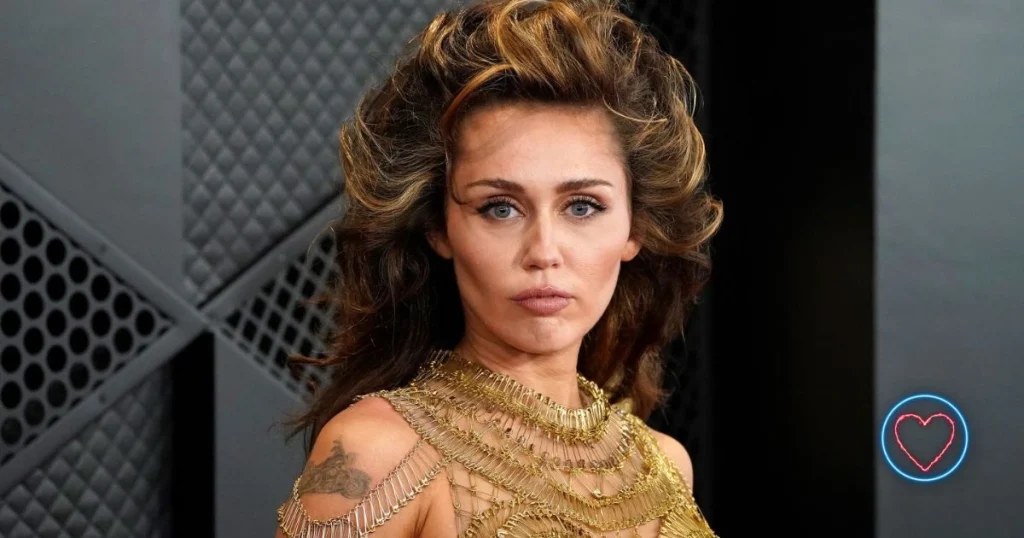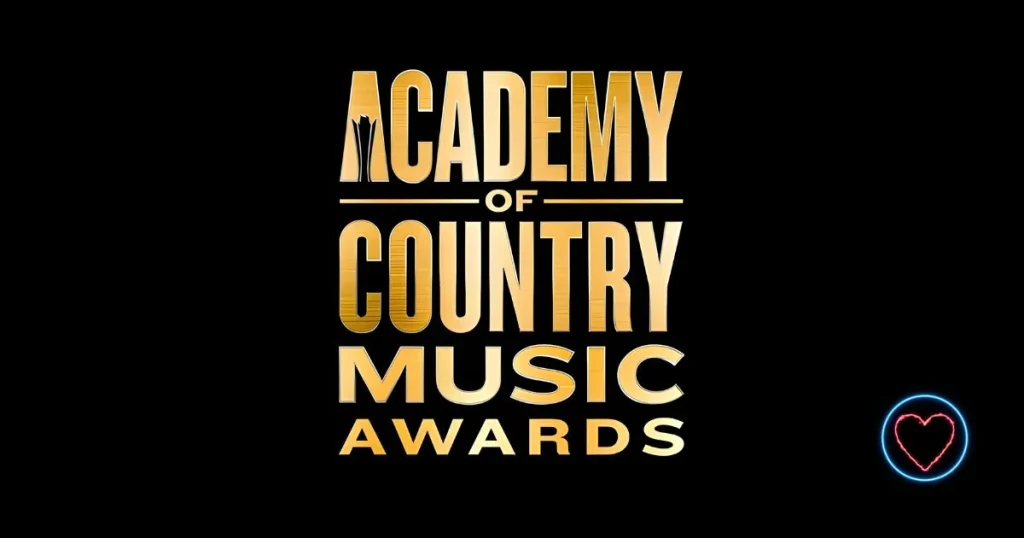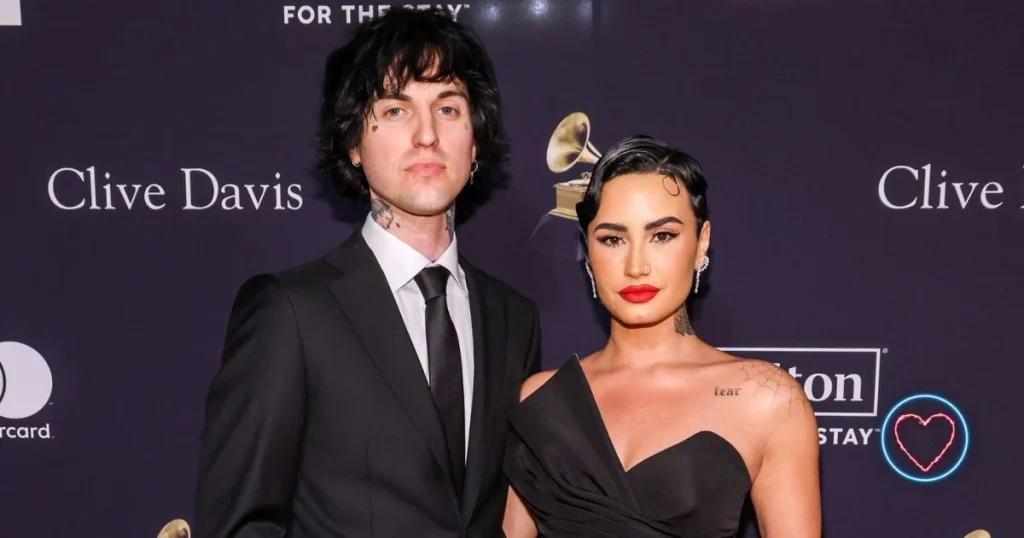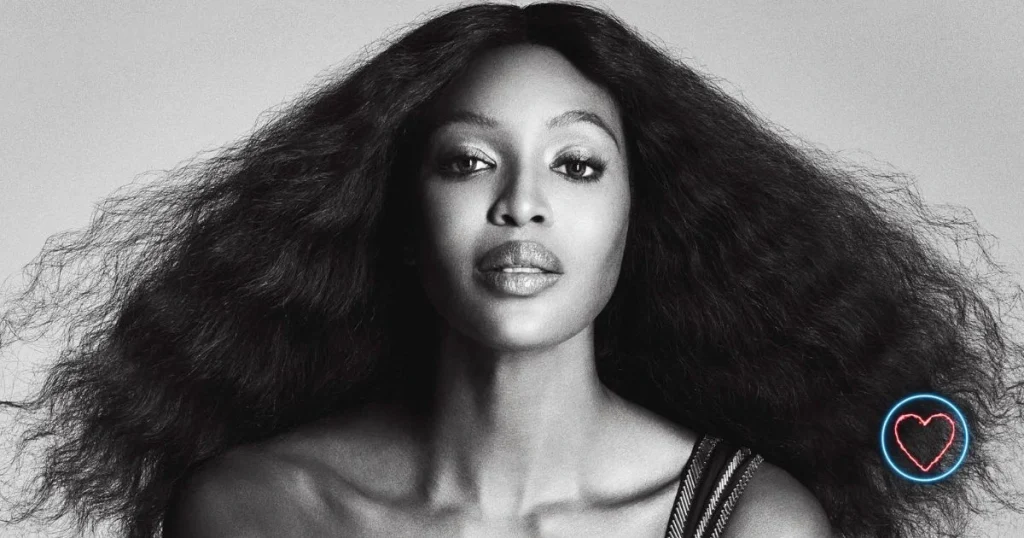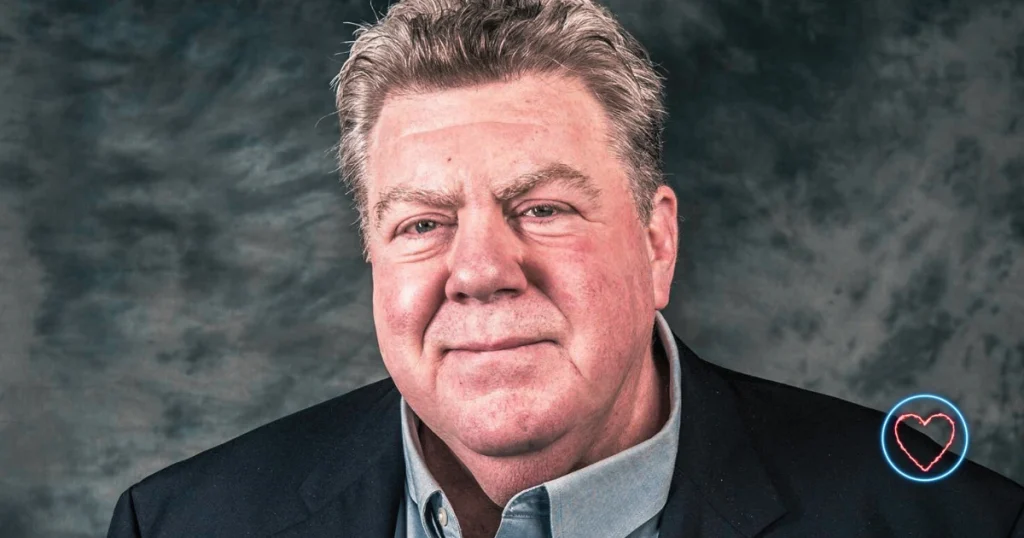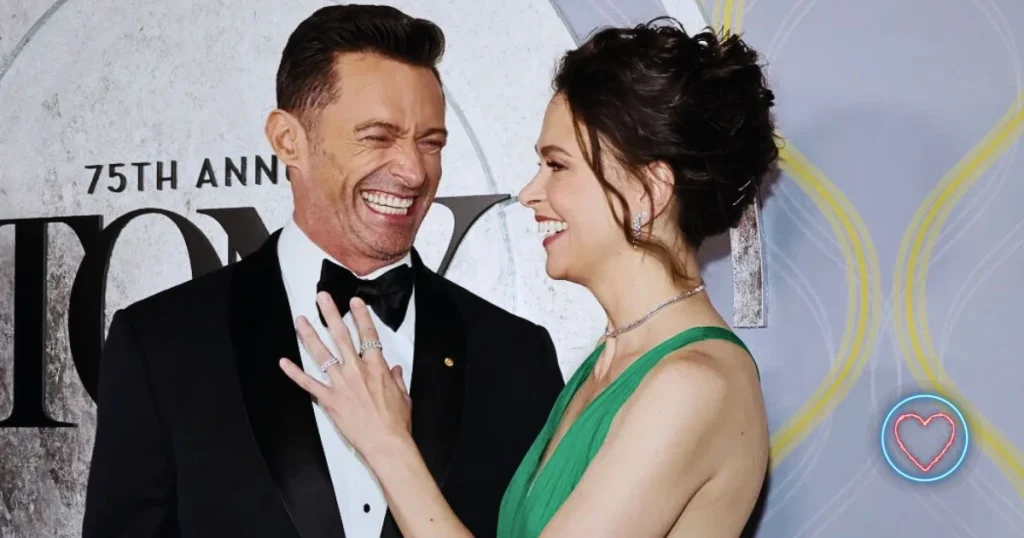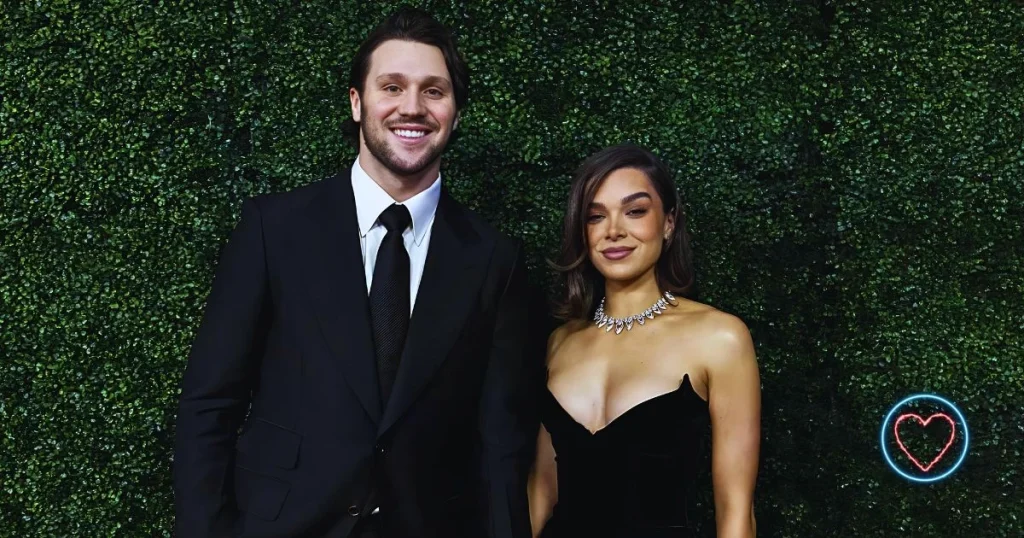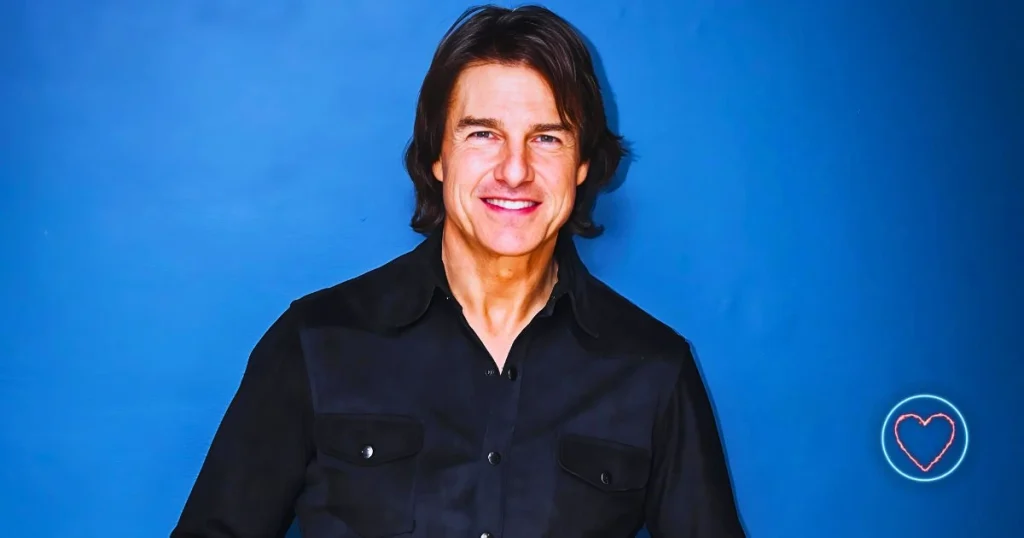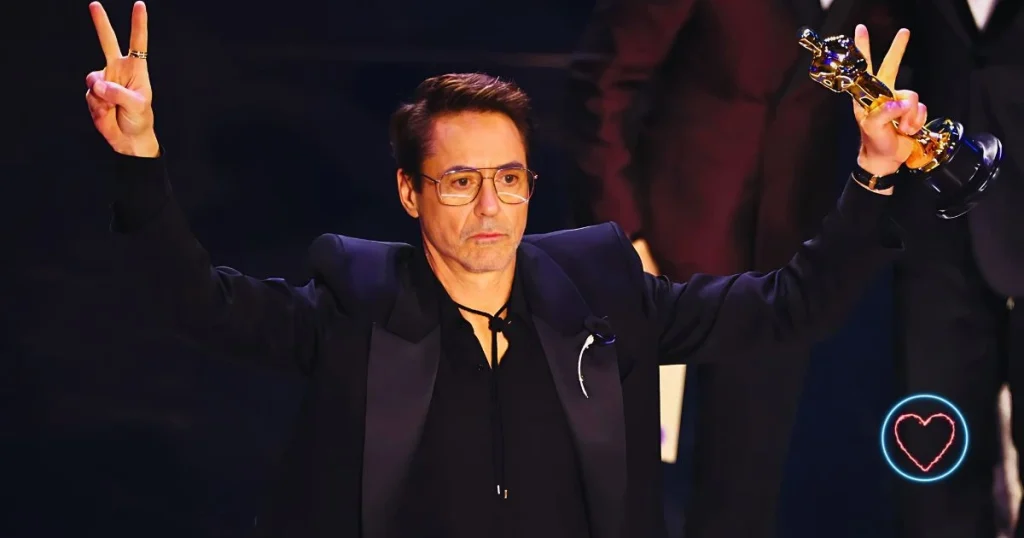Once hailed as one of the most original and promising talents in Hollywood, Ezra Miller carved a space in the industry that few others occupied. They were bold, eccentric, and refreshingly unconventional. With acclaimed performances in We Need to Talk About Kevin, The Perks of Being a Wallflower, and a starring role as The Flash in DC’s extended universe, Miller seemed destined for long-term stardom.
Now, that legacy is in jeopardy.
Over the past few years, Miller’s name has become associated less with artistry and more with controversy. What began as murmurs of erratic behavior has spiraled into a litany of legal issues, disturbing allegations, and public scandals. Behind closed doors, studios are walking away. Privately, executives worry Miller has become too unpredictable, even dangerous, to work with.
So what really happened to Ezra Miller—and why is Hollywood backing off?
A Rising Star Destined for Greatness
From the outset, Ezra Miller’s career was anything but ordinary. Their breakout role as the troubled Kevin in We Need to Talk About Kevin demonstrated an emotional depth and control beyond their years. Soon after, their portrayal of Patrick in The Perks of Being a Wallflower made them an icon for queer youth and misfits alike.
Casting directors adored their range. Fans loved their eccentricity. Red carpets welcomed them as a gender-fluid fashion rebel, turning tradition on its head with each appearance.
When Warner Bros. cast Miller as Barry Allen (The Flash), it felt like a bold but brilliant move. They weren’t just creating a superhero—they were building a symbol of inclusivity in a historically rigid genre. For a time, it seemed like Ezra Miller could do no wrong.
Then Came the First Incident
In April 2020, a video emerged showing Miller appearing to choke a woman outside a bar in Reykjavik, Iceland. The footage went viral, and while some viewers assumed it was staged, the woman involved later confirmed it wasn’t.
The lack of immediate consequence raised eyebrows. Warner Bros. remained silent. No disciplinary actions followed. Many wondered whether Miller’s celebrity status had shielded them from accountability.
Although the incident didn’t derail Miller’s career instantly, it marked a turning point. Behind the scenes, trust had begun to erode.
2022: The Year of Collapse
Miller’s downward spiral accelerated in 2022. The string of controversies and arrests during that year painted a portrait of instability that became impossible to ignore.
Hawaii Arrests
In March, Miller was arrested in Hawaii for disorderly conduct after allegedly yelling at patrons in a karaoke bar and grabbing the microphone from a singing woman. Less than a month later, they were arrested again—this time for second-degree assault after allegedly throwing a chair that struck a woman in the head.
Both incidents occurred within weeks of each other. Repeated run-ins with the law raised serious concerns about Miller’s behavior and judgment.
Grooming Allegations
The most disturbing claims came from the parents of Tokata Iron Eyes, a Native American activist. They alleged that Miller had groomed their daughter from the age of 12 and exercised “psychological control” over her. Tokata, then 18, publicly defended Miller. Still, the parents’ accusations prompted legal action and intensified scrutiny.
Another report revealed that Miller had been housing a woman and her children on their Vermont farm under questionable conditions. Allegedly, firearms and marijuana were scattered throughout the home.
Each new allegation added weight to a growing perception: Ezra Miller was no longer simply controversial—they were viewed as dangerous.
A Studio Backed into a Corner
Warner Bros., the studio behind The Flash, faced an impossible decision. With an estimated $200 million budget and Ezra Miller in nearly every frame, recasting or reshooting the film would have been a financial disaster. The movie had already faced delays, and the DC franchise was under pressure.
Executives made a calculated gamble. They moved forward with the film and issued a carefully worded statement supporting Miller’s decision to seek professional help. In August 2022, Miller publicly apologized for their behavior, attributing their actions to “complex mental health issues.”
Despite the apology, the damage was done. Trust, once broken, is difficult to repair in Hollywood.
An Unforgiving Industry
Miller’s future prospects plummeted. Since the string of incidents, no new major projects have been announced with them attached. While The Flash did release in 2023, it underperformed critically and financially. Insiders whispered that Miller had become “uninsurable”—a term describing actors whose off-screen issues make them too risky to hire.
No director wants to worry about lawsuits mid-production. No publicist wants to spin another scandal. In a business where reputation equals reliability, Miller’s image had become a liability.
Hollywood isn’t just walking away. It’s running.
The Role of Public Perception
Beyond the studios, the public also turned. Initial defenders of Miller’s nonbinary identity and unique spirit began to question their behavior. Sympathy gave way to skepticism.
The lack of clarity or consistent communication during their controversies made the situation worse. Unlike celebrities who navigated redemption through openness, Miller remained elusive. There was no heartfelt interview. No deep reflection. Just silence—or worse, surreal social media posts that felt more cryptic than cathartic.
In an era of cancel culture and moral accountability, silence is often interpreted as guilt.
Representation or Risk?
Miller’s identity as a queer, nonbinary actor once felt revolutionary. They broke molds, challenged binaries, and stood as a symbol of change. Now, some fear that their fall from grace could affect broader industry attitudes toward gender-diverse performers.
Some casting agents and producers have reportedly become more cautious—not due to prejudice, but out of fear. Miller’s breakdown risks becoming a distorted benchmark, unfairly shaping how studios assess other gender-fluid talent.
That’s part of what makes this story so tragic. It’s not just a personal downfall—it’s a potential setback for inclusivity across the board.
The Path to Redemption: Still Possible?
Hollywood loves a comeback story, but those stories require accountability and transformation. Robert Downey Jr. rose from addiction to become Iron Man. Britney Spears survived tabloid chaos and gained global sympathy. Mel Gibson returned after years in exile.
Could Ezra Miller follow suit?
Possibly—but only if they address their past with candor. Vague apologies aren’t enough. The industry, and the public, expect transparency. Until that happens, skepticism will persist.
To date, Miller has taken small steps toward rehabilitation, but there’s no clear roadmap. No interviews. No insight into their recovery. Just a career paused—and possibly, permanently stalled.
What the Industry Has Learned
Miller’s fall has sent shockwaves through casting departments, legal teams, and PR agencies. Studios are rethinking how much power they give rising stars without sufficient oversight. They’re investing more in mental health support on set. They’re tightening contracts and rewriting morality clauses.
The goal isn’t to punish eccentricity. It’s to protect projects, employees, and reputations. Miller’s saga serves as a blueprint of what happens when red flags are ignored.
In the end, it’s not just about Ezra Miller—it’s about the systems that enabled their behavior for too long.
Final Thoughts: A Talent Overshadowed by Turmoil
The story of Ezra Miller is a cautionary tale for Hollywood. Raw talent, fashion-forward fame, and artistic depth are no substitute for stability, accountability, and trust.
What once looked like the beginning of a historic career has become a warning. Miller’s fall illustrates how fast favor can vanish when public figures act without consequence. The industry may forgive—but only after meaningful change is shown.
For now, Ezra Miller’s name sits in a strange space: no longer praised, not fully exiled, but undeniably radioactive. Hollywood hasn’t slammed the door shut—but no one’s racing to open it either.

